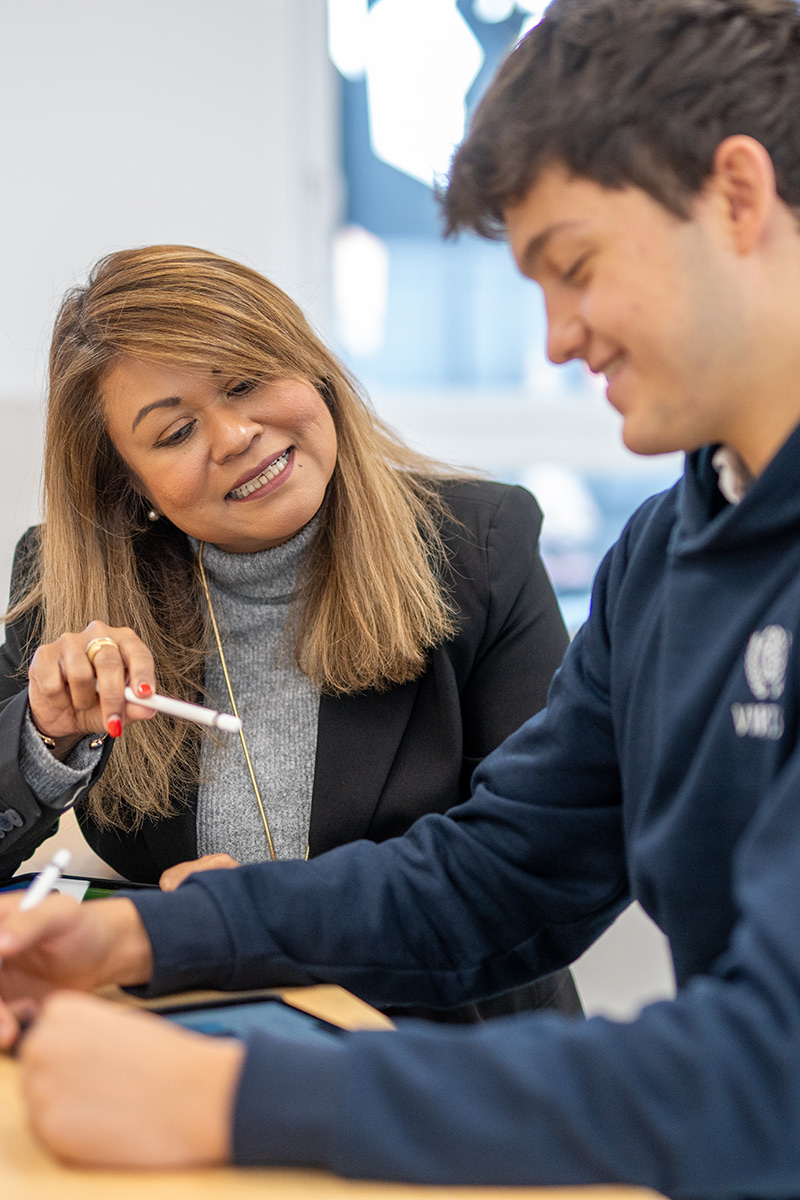Curriculum overview
An extensive and holistic curriculum that aims to inspire and stretch our students.
The curriculum
Virtus is a British Sixth Form College which specialises in A-Levels and this forms the core of our curriculum. We adopt International A-Levels which offer modular examinations across the two years. However, our curriculum approach extends beyond this to incorporate the whole person for an education that lasts a lifetime.
An early approach
Based on early individual assessments such as aptitude tests, the Career Explorer, and a personality assessment, we design a unique roadmap for each student which comprises a range of A-Level subjects, co-curricular choices and individualised plans that align with their university aspirations and academic needs.
A-Levels
At the heart of our Educational Programme, we offer a core of rigorous, internationally recognised A-Levels. Each student’s subjects reflect their strengths as well as their career aspirations and forms the basis for their personalised educational roadmap. This is linked to students’ academic goals.

Our teaching pedagogy
At Virtus, our lessons are designed based on the ACE pedagogy. Teachers incorporate elements of Assessment, Challenge and Engagement in their lessons.
These are adapted to the various profiles of the students so that each student’s needs are met. This pedagogical strategy enables our teachers to stretch and challenge every student, while supporting their progress simultaneously with scaffolding. Differentiation activities are set both within the lessons and beyond the classroom. This can take the form of independent research tasks, flipped learning and higher level materials which stimulate critical thinking and analysis.
Students who struggle with particular topics or skills are offered supporting clinics in a small, tailored setting with teachers who know them well and this design helps students meet their potential. Furthermore, we organise essay writing, exam technique and reading comprehension workshops, as well as weekly tests in some subjects for students who need to be more consistent with their revision. Our students benefit from tailor-made support to achieve their academic goals.
Co-Curriculum
The core A-Level curriculum is complemented by the co-curricular option each student will choose. Closely allocated with each student’s career aspiration in mind these options could range from Young Enterprise where they set up and run their own business, to Maths/STEM option, or Certificate in Financial Studies validated by London Institute of Banking & Finance. Students aspiring to study Medicine will engage with Biomedical and Science options where they will do a critical analysis of the funding models behind drug companies or discuss the ethics underpinning difficult medical scenarios.


A bespoke approach
The above means that each student has a bespoke timetable with subjects that which reflect their strengths, align their career aspirations and which are complemented by co-curricular options that further enhance their profile.
For our computer scientists or engineers, one option would be Coding, in which they build a Python model that predicts whether a star will go supernova. These options are examples which students may add to their educational roadmap and strengthen future applications to universities and as such are linked to their university goals.
The final piece;
The Mentoring Programme
In parallel, our Mentoring Programme gives each student unique tools to discover degrees and destinations, implications of the application process and work on doubts that may arise. The programme focuses on our three main goals: Academic, University and Personal development goals.
One of the key aims of our Mentoring Programme is for the students to be well-organised in their studies, make the most of the technological resources we offer, plan their exams well and acquire effective study techniques. We combine group workshops with individual mentor-student meetings to develop a unique strategy for each student where we nurture positive study habits and optimise personal organisation skills necessary in obtaining good results.
The student’s academic performance throughout the year allows us to adapt the type of support they receive in the different phases. Each period of internal examinations and their subsequent evaluation generates lines of work between teachers, management and the Mentoring Programme, which match each student’s academic goals.


